Danish-Swedish Farmdog
Danish-Swedish Farmdog is an energetic and trainable Scandinavian dog breed. This dog lived on farms in eastern Denmark and southern Sweden. These dogs were used for a variety of tasks, including hunting, tracking, and watching.
Danish-Swedish Farmdogs are gentle and calm companions that will enjoy spending time with their family. They are very energetic and require a lot of activities, but if you fulfill their energy need, you will have the best possible dog that will enjoy relaxing with you.

Height:
12–15 in (30–38 cm)

Weight:
15-20 lb (7-9 kg)

Origin:
Denmark, Sweden

Life Expectancy:
11-13 years
Dog Breed Characteristics
Danish-Swedish Farmdog Grooming
Danish-Swedish Farmdog has a short and straight coat that is very easy to maintain. Regular brushing will be enough to keep this dog looking good. These dogs shed, and you will control the amount of hair with regular brushing.
Danish-Swedish Farmdog coat colors:
- dominant white – different colors and sizes of patches are allowed (brown, black, tan, yellow, all shades of fawn)
The rest is basic care; trim their nails when needed (if they don't wear them down naturally), brush their teeth weekly to prevent tartar buildup and bacteria development. Regularly check their ears for any sign of redness or a bad odor that can indicate an infection. You can wipe their ears with a cotton ball dipped into an ear cleaner.
The key for your dog to get used to all things mentioned above is to start early with them. Make a positive experience for the dog, full of praises and rewards, and you can be sure that your dog will enjoy all these things when they grow up.
Feeding
You should feed your dog a balanced, high-quality diet to ensure everything they need. It is vital that their diet and training are in balance because, just like humans, dogs can be overweight if their calorie intake is bigger than their activity.
Exercise
Danish-Swedish Farmdog is a highly energetic and active breed. They were bred to work all day, so these dogs need a lot of daily exercise. These dogs need an active lifestyle to be happy. They love to be outside and be part of the action, whether running and chasing balls, playing, jumping, or jogging.
If you are thinking about getting a Danish-Swedish Farmdog, make sure you have enough free time and energy to spend it outside playing and training your Danish-Swedish Farmdog. If your schedule can’t allow that, consider getting some less active breed.
Danish-Swedish Farmdog Training
When training a Danish-Swedish Farmdog, make sure you use positive training methods. Never use fear, punishment, or pain because not only is it cruel, it can result in an overly shy or even aggressive dog. Be firm, fair, and consistent, but use only positive reinforcement! These dogs are eager to do whatever their people ask of them. Involve as many treats as you can and keep the training sessions interesting.
Danish-Swedish Farmdog and children
Early socialization and proper training can teach them to behave even when children are around. If you train and socialize your dog well, your children will get a great playing partner that has plenty of energy. Danish-Swedish Farmdogs can play for hours upon hours without getting tired or bored.
Children should never be left alone with any dog, no matter what breed. You should make sure that your children understand how to approach dogs of this breed and understand how to interact and play with them properly.
Danish-Swedish Farmdog and other pets
Danish-Swedish Farmdogs can get along well with other dogs and can enjoy their company. They are not the best fit for other pets. They have a strong prey drive, so they will likely try catching smaller animals such as gerbils, hamsters, squirrels, or rabbits. They can learn to get along with the pets they are raised with, but our advice would be never to leave them unattended.
Health problems
These dogs have an average lifespan of 11-13 years. There are no known specific health problems with this dog breed.
When getting any breed, the breeder must show you the health tests they have done for their breeding dogs. Dogs must be adequately tested because taking a chance and hoping that the puppy’s parents are healthy is a risk no one should ever take. Only healthy dogs should be bred because that is the only way to ensure that bloodlines will remain healthy and without any problems.
Danish-Swedish Farmdog Breeders
If this breed is a good fit for you and/or your family, make sure that you find a registered and reputable Danish-Swedish Farmdog breeder that can provide you with a great dog that will be physically and mentally healthy. Ask the breeder to show you the health certificates of his breeding dogs and if you can, try and see what the puppy’s parents look like.
World Dog Finder team

Updated at04.09.2023.
Breed History
Danish-Swedish Farmdogs were firstly been known as Danish Pinschers, and they had various jobs – hunting, livestock herding, etc. With the changes in lifestyle, the need for these dogs started to decrease, and they became rarer. The first breed standard for these dogs was written in 1987, and by 1998 Danish-Swedish Farmdogs were imported into the US.
At that time, breeders started breeding programs in the US, and these dogs were accepted in the FSS – foundation Stock Services by the American Kennel Club in 2011.
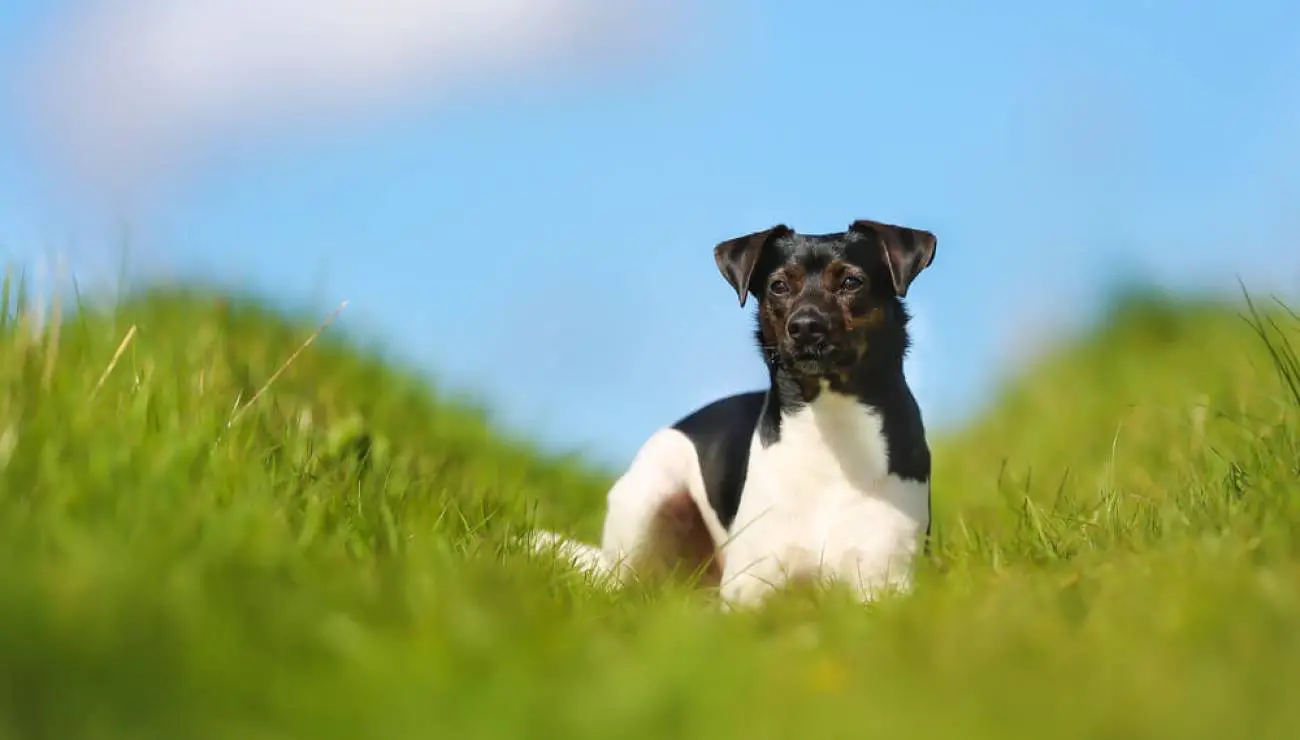





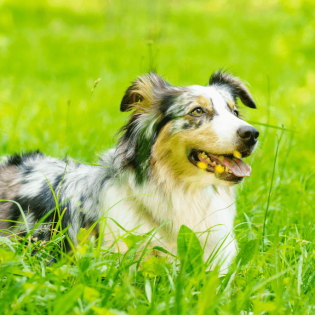

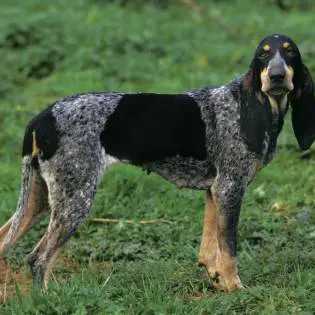
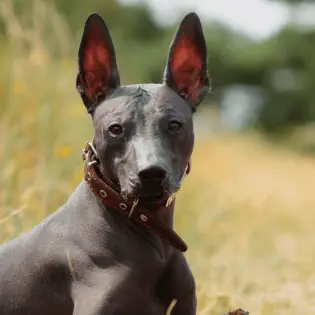
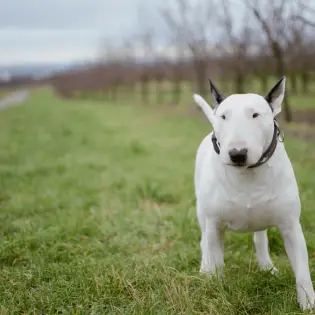

Share